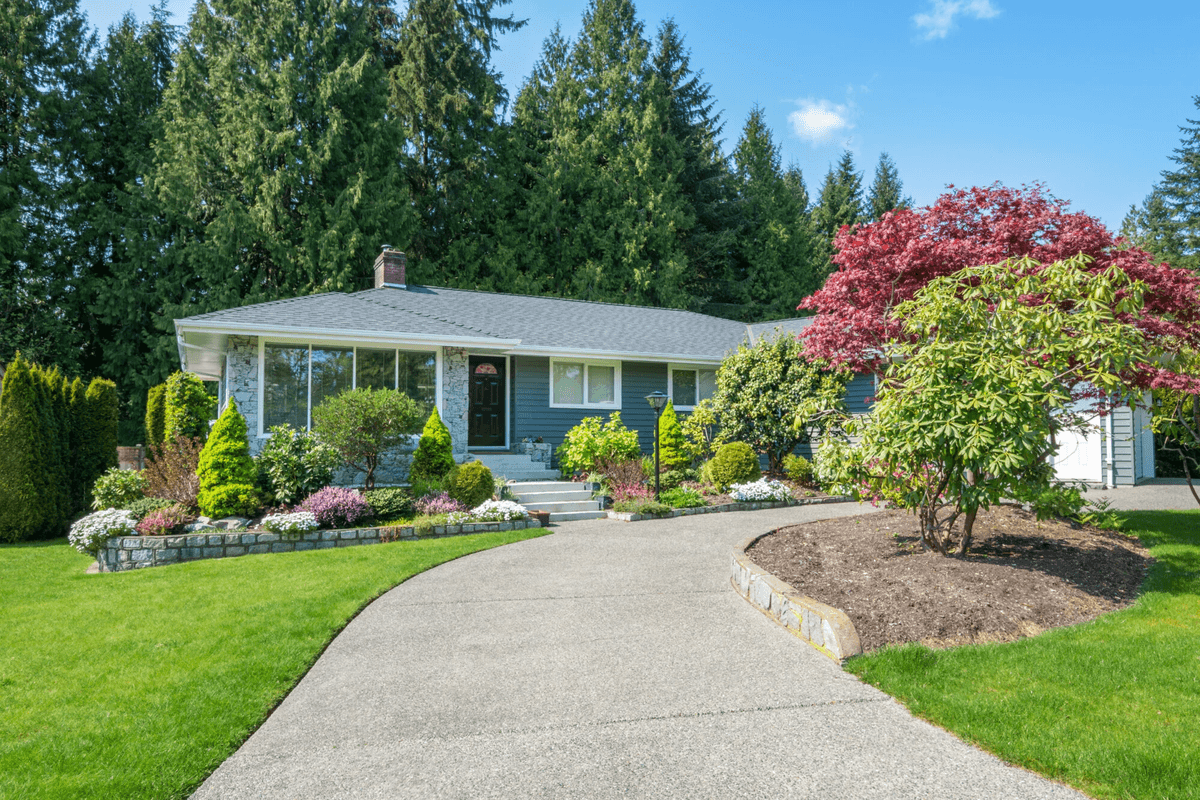
Selecting the right landscape design for your outdoor space can transform your property, enhancing its aesthetic appeal, functionality, and value. The process, however, can be daunting given the myriad of choices and considerations. Whether you’re planning a simple garden or a more elaborate outdoor living space, it’s crucial to approach the design selection thoughtfully to ensure the final result meets your expectations and needs. Here are some key tips to guide you in choosing the perfect landscape design.
Start by assessing your needs and lifestyle. Think about how you intend to use the space. Do you need a play area for children, a peaceful retreat, or an area for entertaining guests? Your lifestyle and how you plan to interact with the outdoor space should be the primary driver of your landscape design. For instance, a family with young children might prioritize a spacious lawn, while someone who loves gardening might prefer planting beds and raised garden plots. Clarifying your goals early on will help you make decisions that align with your vision.
Next, consider the existing conditions of your landscape. Take stock of the natural elements like soil type, climate, and topography, as they will significantly influence the types of plants that will thrive and the kind of structures that can be built. Understanding the sun and shade patterns throughout the day is crucial, especially when choosing plants or planning seating areas. You should also consider how water flows through your property to avoid potential issues like flooding or erosion. A thorough understanding of your landscape’s characteristics will help you select a design that complements and works with the environment rather than against it.
Another important factor is the style and architecture of your home. The landscape design should harmonize with the overall look and feel of your house. A modern home might pair well with a minimalist design featuring clean lines and simple plantings, while a traditional home may be complemented by a classic garden with more intricate details and formal layouts. Consistency between your home’s architecture and the landscape design creates a cohesive and visually pleasing environment. Check out the Landscape design vero beach from this site now.
Budget is also a critical consideration. Landscaping can be a significant investment, so it’s essential to establish a realistic budget early in the process. Knowing your financial limits will help you prioritize features and make informed decisions about where to splurge and where to save. For example, investing in high-quality materials for hardscaping (such as patios or retaining walls) can be worthwhile, as these elements are often the backbone of the landscape and need to withstand the test of time. On the other hand, you might opt for less expensive plant varieties or choose to phase the project over several years to manage costs more effectively.
Choosing the right plants is another crucial step. Native plants are often the best choice, as they are adapted to the local climate and soil conditions, requiring less maintenance and being more resistant to pests and diseases. Additionally, consider the plants’ growth habits and mature size to avoid overcrowding and ensure that the landscape will look balanced as it matures. Think about seasonal interest as well, selecting plants that offer beauty at different times of the year to keep your landscape attractive year-round.
Lastly, don’t underestimate the value of professional help. While DIY projects can be rewarding, landscape design can be complex, and hiring a professional can save time, money, and frustration in the long run. A landscape designer or architect can offer valuable insights, suggest innovative ideas, and help you avoid common pitfalls. They can also assist with technical aspects such as drainage, irrigation, and lighting, ensuring your landscape is not only beautiful but also functional and sustainable.